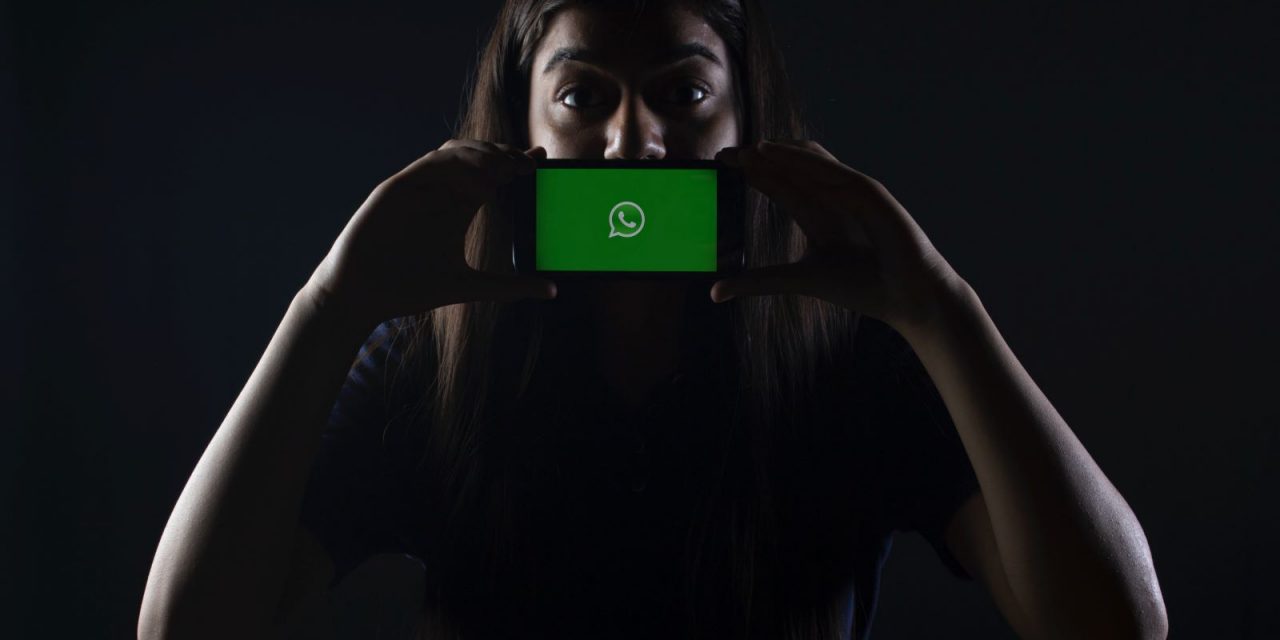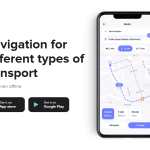We’re starting to see a heightened sense of concern about WhatsApp these days, probably prompted, in part, by the fact that Facebook bought WhatsApp a year ago and partly because WhatsApp is changing its Privacy Policy on February 8th. All users will be asked to sign a statement agreeing with the new policy (or else lose all communication privileges with the app). Reading their new Privacy Policy at https://faq.whatsapp.com/general/security-and-privacy/answering-your-questions-about-whatsapps-privacy-policy doesn’t seem TOO scary. They say they still won’t read your message or store your numbers. But still, personally, I (Doug) have never felt comfortable letting them see my phone’s contact list, simply because I haven’t asked permission from the 4000 people in my phone if I can do so. So WhatsApp is a super hassle for me. I’ve got lots of chats – and not identifying information with them. It’s like playing Clue to figure out who’s messaging me each time I receive a new piece of communication. But that’s just the way I’ve been managing it so far. Tech Radar seems to imply that, once we’ve signed the new policy on Feb. 8th, things could grow far less secure. https://www.techradar.com/news/whatsapps-new-privacy-policy-requires-you-to-share-data-with-facebook. So we should probably ask: What’s YOUR take on WhatsApp — and how will YOUR org handle it? One approach: You could simply warn members about the switch. But keep in mind, if they’ve given WhatsApp permission to see their phone’s contact list, all it might take is one single user in your org to expose EVERYone. So – please tell us – what’s your take on the February 8th privacy policy shift?
Thanks in advance for your input. (Just clik “Read more” and click comment.)













I’ve been following a thread on the ICCM-tech email list on this topic. One of the top recommendations there for a replacement for WhatsApp seems to be Signal (https://www.signal.org/). i’ve not used it personally and only used WhatsApp occasionally, so cannot make a personal, hands-on recommendation.
Signal is generally considered a more secure alternative to WhatsApp and is commonly used among field workers, at least among my colleagues scattered across most non-Western countries. However, WhatsApp has – and will likely continue to be – a used tool because so many locals rely on it. WhatsApp is popular for the same reason Facebook remains so popular — momentum & critical mass. However, with WhatsApp so much in the news, downloads of the Signal app are skyrocketing (currently the #1 app download in the U.S., I believe). Telegram is another popular alternative and is considered to be a little more secure than WhatsApp. They are all fairly similar in terms of features.
We have used Threema for several years and are very pleased with it. (https://threema.ch/en) Their byline is “The messenger that puts security and privacy first.” Based in Switzerland, they have a unique approach — users have to be physically connected (at least once) in order to connect online, thus verifying identity. “Linking a phone number or email address is optional.” If you want to link to someone with whom you cannot connect physically, there is a work-around.
Here’s a current article on pros and cons. https://www.forbes.com/sites/zakdoffman/2021/01/14/3-things-to-know-before-quitting-whatsapp-for-signal-or-telegram-or-apple-imessage-after-backlash/?sh=33da670764f6